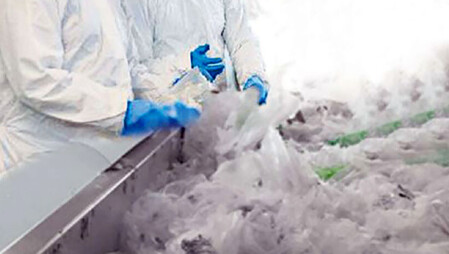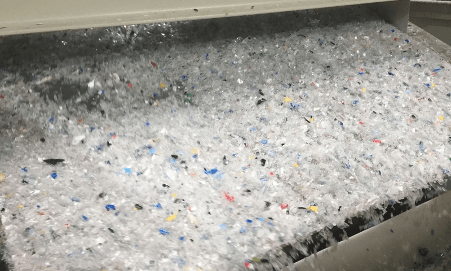Trashbags, recycled plastic waste and the circular economy
Many companies advertise their products as being made from recycled content, but often what this means is that they are using waste from the manufacturing process. The plastic offcuts are collected from the factory floor and re-used again in the manufacturing process. This is not difficult and is standard practise in most factories.
Trashbag rubbish bags are made from plastic that has been out in the real world, used by consumers and then collected and re-purposed. This helps reduce landfill waste and pollution and is true recycling. It fits in with the NZ Governments directive to achieve a Circular Economy. A circular economy is an economic system aimed at eliminating waste and the continual use of resources. Circular systems employ reuse, sharing, repair, refurbishment, remanufacturing and recycling to create a closed-loop system, minimising the use of resource inputs and the creation of waste, pollution and carbon emissions. The circular economy aims to keep products, equipment and infrastructure in use for longer, thus improving the productivity of these resources.
The Trashbag recycling process
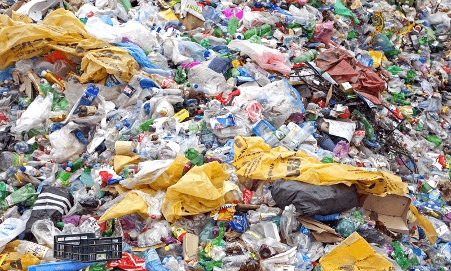
Stage 1:
Plastic is sourced from landfill and recyclers
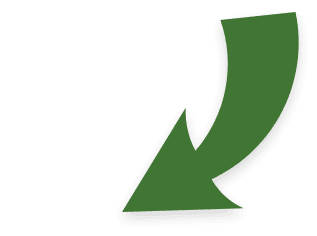
Stage 2:
The waste is seperated from the plastic
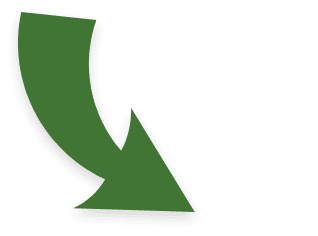
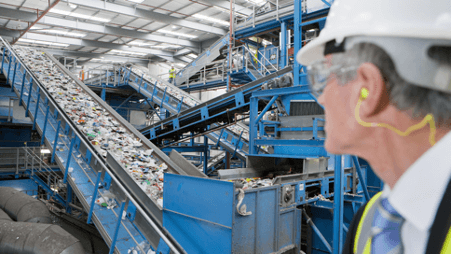
Stage 3:
Selected PE wastes are washed to remove contaminates
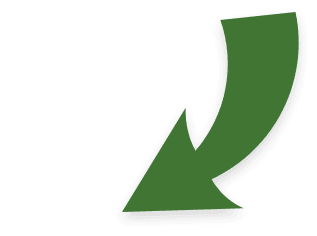
Stage 4:
The washed PE is then converted into pellets
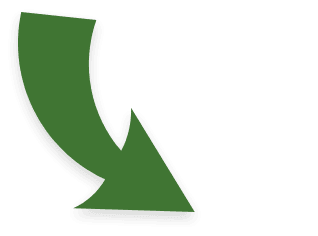
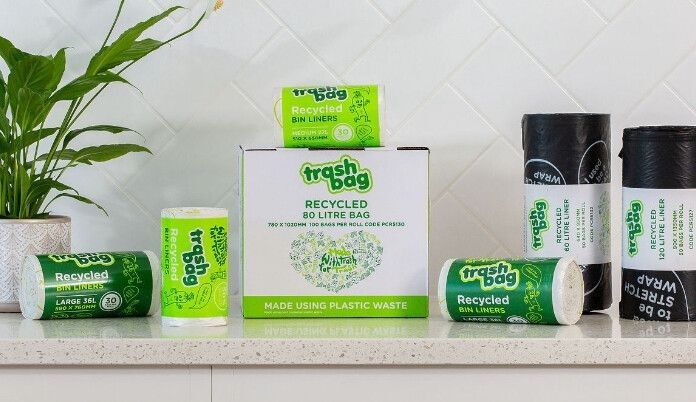
Stage 5:
The final recycled PE pellets can now be used to manufacture Trashbag rubbish bags.

